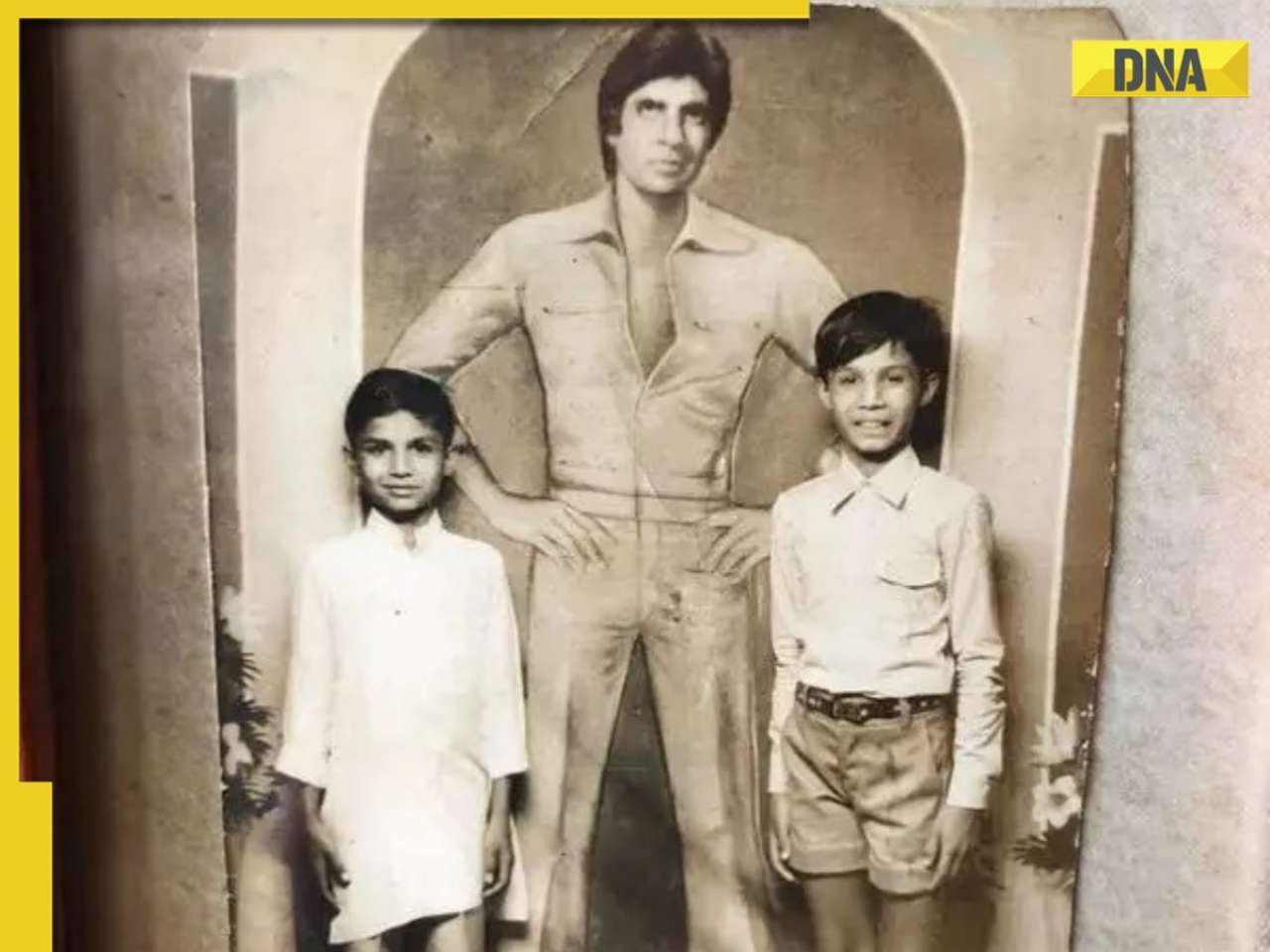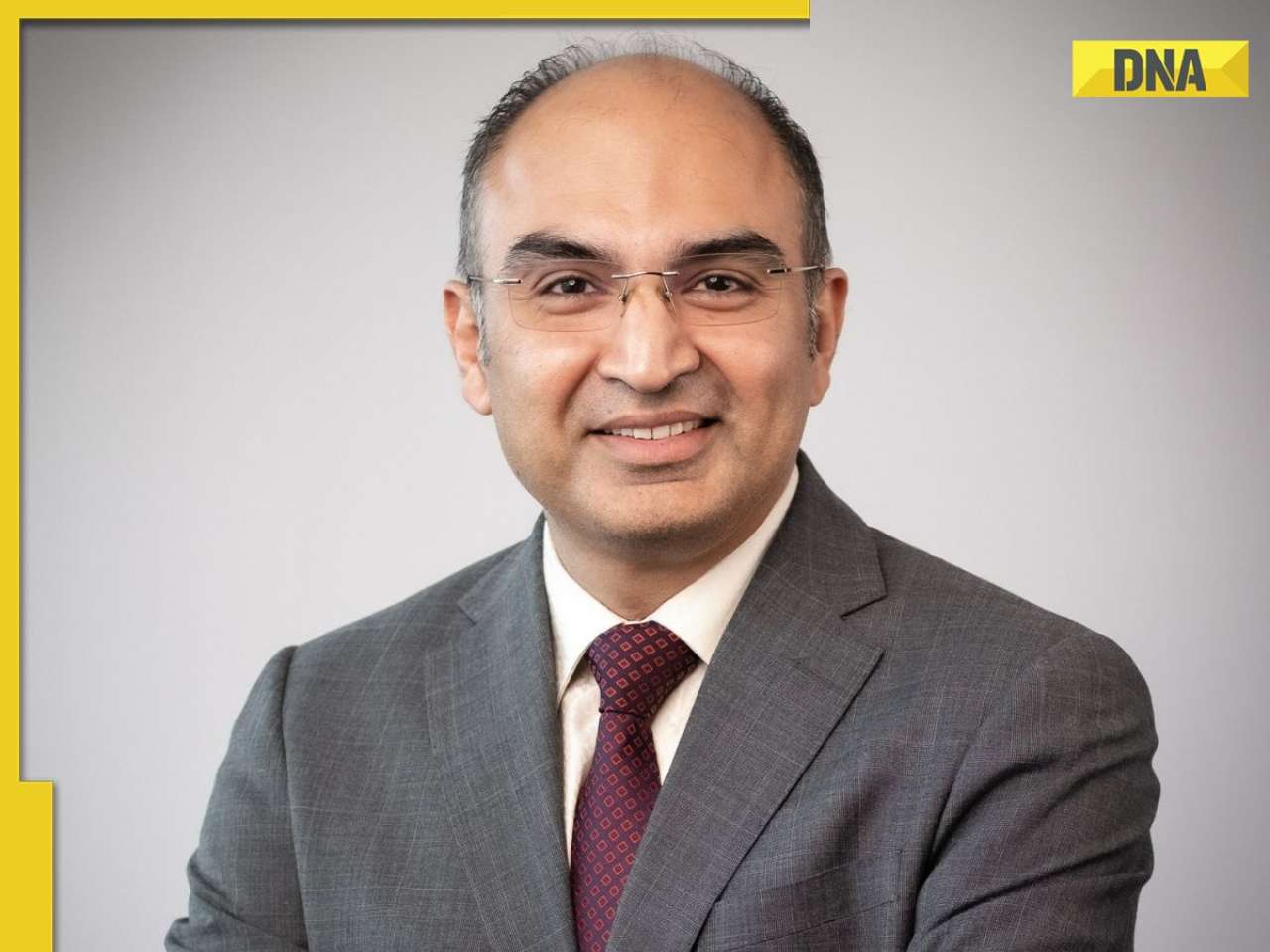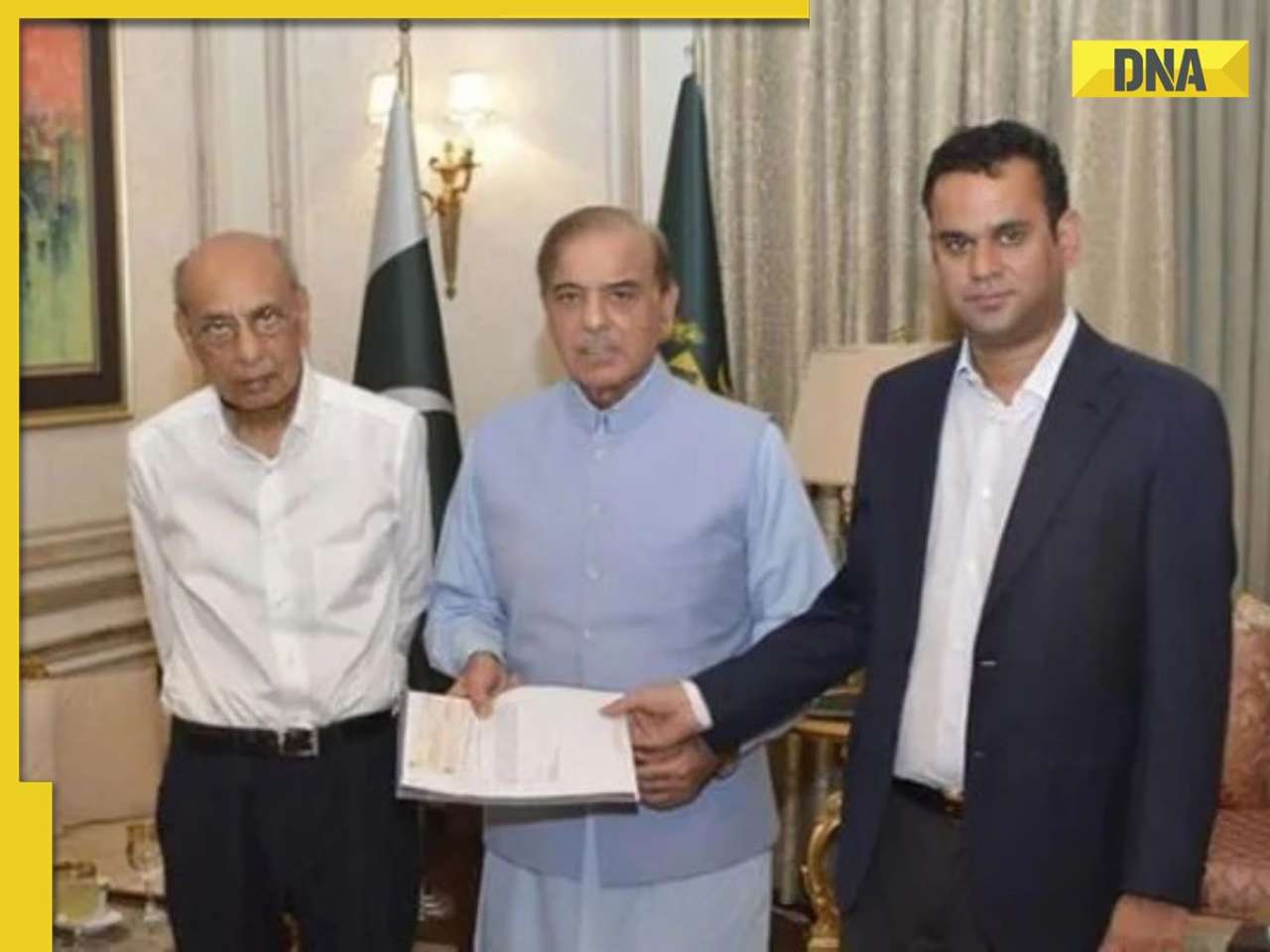An anguished Dalai Lama indicated that he may retire in view of the “failure” to realise his dream of securing “genuine autonomy” for his Himalayan homeland.
TOKYO: Describing the Tibet issue as “hopeless”, an anguished Dalai Lama on Monday indicated that he may retire in view of the “failure” to realise his dream of securing “genuine autonomy” for his Himalayan homeland.
“I’m looking forward to complete retirement,” the 73-year-old saffron-clad Tibetan Buddhist leader said, as his envoys were negotiating with Chinese officials in Beijing on the Tibet issue.
“Some people tell me it’s impossible for the Dalai Lama to retire. I tell them my retirement is my human right,” he said while speaking to the Foreign Correspondents’ Club of Japan here.
The 1989 Nobel Peace Prize laureate, who underwent a surgery in New Delhi to remove gallstones last month, said the situation in Tibet was worsening and criticism among Tibetans of his ‘negotiation’ approach towards China was growing.
“Things are not improving inside Tibet,” he said. “Our approach failed to bring some positive changes inside Tibet. So criticism is also increasing. So, there’s no other alternative except to ask the people,” he said.
On Sunday, the Dalai Lama said in Tokyo that his faith in the Chinese government was “becoming thinner, thinner, thinner.”
Last month, he said he had “given up” hopes of finding a solution to the Tibet issue because there had been no positive response in negotiations with Beijing.
Kasur Lodi Gyaltsen and Kelsang Gyaltsen, envoys of the spiritual leader, arrived in Beijing last Thursday.
As for the approach to take in future negotiations with China, the Dalai Lama said he would leave it to the Tibetans to decide and refrained from indicating his own view on the matter so as to allow them to consider the matter without any bias, the Kyodo news agency reported.
“If I say I prefer this way, then that may become a hindrance or obstacle to different opinions (and) feelings, out of devotion. I don’t want that... so, therefore, I remain completely silent,” the Dalai Lama said.
He reiterated that Tibetans were not seeking separation or independence from China but only “genuine autonomy”.
China, which has ruled Tibet since the People’s Liberation Army occupied it in the 1950s, has repeatedly accused the Dalai Lama of leading a campaign to split the Himalayan region from the rest of the country.
Commenting on the emergency session of Tibetans that he has summoned in Dharamsala from November 17, the Dalai Lama said the meeting would discuss how to approach China to resolve the Tibet issue.
While mixing a sense of humour in his presentation, he noted that Chinese suppression of Tibet has created a situation in which Tibetans born in India are “more Tibetan” than young Tibetans who come from China-ruled Tibet in terms of language and lifestyle.
“Whether intentionally or unintentionally, some kind of cultural genocide is taking place,” he said. “Not exactly genocide, but something like cultural genocide, very subtly.”
Although the Dalai Lama said he thought the Tibet issue was “hopeless” in the short term, he said the matter was “still hopeful” when considering it from a wider perspective as there were a growing number of Chinese who realised that Tibetan Buddhism and Tibetan culture were good and useful.
“They understand what we’re talking (about). So I think (Chinese) communist leaders should have more spiritual minds... (rather than thinking only about) money and power,” he said.
The Dalai Lama said that once there is a change in the current political situation caused by fear and ignorance, then a “positive decision, positive agreement can be reached within a few days.”
![submenu-img]() Meet actress who quit high-paying job for films, director replaced her with star kid, had no money, now lives in...
Meet actress who quit high-paying job for films, director replaced her with star kid, had no money, now lives in...![submenu-img]() Indian football legend Sunil Chhetri announces retirement, to play last match on…
Indian football legend Sunil Chhetri announces retirement, to play last match on…![submenu-img]() This star kid's last 3 films lost Rs 5000000000 at box office, has no solo hit in 5 years, now has lost four films to...
This star kid's last 3 films lost Rs 5000000000 at box office, has no solo hit in 5 years, now has lost four films to...![submenu-img]() Blinkit now gives free dhaniya with veggie orders, thanks to Mumbai mom
Blinkit now gives free dhaniya with veggie orders, thanks to Mumbai mom![submenu-img]() Meet actress viral for just walking on screen, belongs to royal family, has no solo hit in 15 years, but still is…
Meet actress viral for just walking on screen, belongs to royal family, has no solo hit in 15 years, but still is…![submenu-img]() Meet woman who first worked at TCS, then left SBI job, cracked UPSC exam with AIR...
Meet woman who first worked at TCS, then left SBI job, cracked UPSC exam with AIR...![submenu-img]() Meet engineer, IIT grad who left lucrative job to crack UPSC in 1st attempt, became IAS, married to an IAS, got AIR...
Meet engineer, IIT grad who left lucrative job to crack UPSC in 1st attempt, became IAS, married to an IAS, got AIR...![submenu-img]() Meet Indian woman who after completing engineering directly got job at Amazon, then Google, Microsoft by using just...
Meet Indian woman who after completing engineering directly got job at Amazon, then Google, Microsoft by using just...![submenu-img]() Meet man who is 47, aspires to crack UPSC, has taken 73 Prelims, 43 Mains, Vikas Divyakirti is his...
Meet man who is 47, aspires to crack UPSC, has taken 73 Prelims, 43 Mains, Vikas Divyakirti is his...![submenu-img]() IIT graduate gets job with Rs 100 crore salary package, fired within a year, he is now working as…
IIT graduate gets job with Rs 100 crore salary package, fired within a year, he is now working as…![submenu-img]() DNA Verified: Is CAA an anti-Muslim law? Centre terms news report as 'misleading'
DNA Verified: Is CAA an anti-Muslim law? Centre terms news report as 'misleading'![submenu-img]() DNA Verified: Lok Sabha Elections 2024 to be held on April 19? Know truth behind viral message
DNA Verified: Lok Sabha Elections 2024 to be held on April 19? Know truth behind viral message![submenu-img]() DNA Verified: Modi govt giving students free laptops under 'One Student One Laptop' scheme? Know truth here
DNA Verified: Modi govt giving students free laptops under 'One Student One Laptop' scheme? Know truth here![submenu-img]() DNA Verified: Shah Rukh Khan denies reports of his role in release of India's naval officers from Qatar
DNA Verified: Shah Rukh Khan denies reports of his role in release of India's naval officers from Qatar![submenu-img]() DNA Verified: Is govt providing Rs 1.6 lakh benefit to girls under PM Ladli Laxmi Yojana? Know truth
DNA Verified: Is govt providing Rs 1.6 lakh benefit to girls under PM Ladli Laxmi Yojana? Know truth![submenu-img]() In pics: Taarak Mehta Ka Ooltah Chashmah actress Deepti Sadhwani dazzles in orange at Cannes debut, sets new record
In pics: Taarak Mehta Ka Ooltah Chashmah actress Deepti Sadhwani dazzles in orange at Cannes debut, sets new record![submenu-img]() Ananya Panday stuns in unseen bikini pictures in first post amid breakup reports, fans call it 'Aditya Roy Kapur's loss'
Ananya Panday stuns in unseen bikini pictures in first post amid breakup reports, fans call it 'Aditya Roy Kapur's loss'![submenu-img]() Remember Harsh Lunia? Just Mohabbat child star, here's how former actor looks now, his wife is Bollywood's popular...
Remember Harsh Lunia? Just Mohabbat child star, here's how former actor looks now, his wife is Bollywood's popular...![submenu-img]() Mother's Day 2024: Bollywood supermoms who balance motherhood, acting, and run multi-crore businesses
Mother's Day 2024: Bollywood supermoms who balance motherhood, acting, and run multi-crore businesses![submenu-img]() Rocky Aur Rani's Golu aka Anjali Anand shocks fans with drastic weight loss without gym, says fitness secret is...
Rocky Aur Rani's Golu aka Anjali Anand shocks fans with drastic weight loss without gym, says fitness secret is...![submenu-img]() Haryana Political Crisis: Will 3 independent MLAs support withdrawal impact the present Nayab Saini led-BJP government?
Haryana Political Crisis: Will 3 independent MLAs support withdrawal impact the present Nayab Saini led-BJP government?![submenu-img]() DNA Explainer: Why Harvey Weinstein's rape conviction was overturned, will beleaguered Hollywood mogul get out of jail?
DNA Explainer: Why Harvey Weinstein's rape conviction was overturned, will beleaguered Hollywood mogul get out of jail?![submenu-img]() What is inheritance tax?
What is inheritance tax?![submenu-img]() DNA Explainer: What is cloud seeding which is blamed for wreaking havoc in Dubai?
DNA Explainer: What is cloud seeding which is blamed for wreaking havoc in Dubai?![submenu-img]() DNA Explainer: What is Israel's Arrow-3 defence system used to intercept Iran's missile attack?
DNA Explainer: What is Israel's Arrow-3 defence system used to intercept Iran's missile attack?![submenu-img]() Meet actress who quit high-paying job for films, director replaced her with star kid, had no money, now lives in...
Meet actress who quit high-paying job for films, director replaced her with star kid, had no money, now lives in...![submenu-img]() This star kid's last 3 films lost Rs 5000000000 at box office, has no solo hit in 5 years, now has lost four films to...
This star kid's last 3 films lost Rs 5000000000 at box office, has no solo hit in 5 years, now has lost four films to...![submenu-img]() Meet actress viral for just walking on screen, belongs to royal family, has no solo hit in 15 years, but still is…
Meet actress viral for just walking on screen, belongs to royal family, has no solo hit in 15 years, but still is…![submenu-img]() Meet director who is set to make India's most expensive film, studied at IIT Bombay, worked with Aamir, Big B, won..
Meet director who is set to make India's most expensive film, studied at IIT Bombay, worked with Aamir, Big B, won..![submenu-img]() Aishwarya Rai jets off to Cannes Film Festival with Aaradhya, mysterious injury in viral video leaves fans worried
Aishwarya Rai jets off to Cannes Film Festival with Aaradhya, mysterious injury in viral video leaves fans worried![submenu-img]() Blinkit now gives free dhaniya with veggie orders, thanks to Mumbai mom
Blinkit now gives free dhaniya with veggie orders, thanks to Mumbai mom![submenu-img]() Meet man, an Indian who entered NASA's Hall of Fame by hacking, earlier worked on Apple's...
Meet man, an Indian who entered NASA's Hall of Fame by hacking, earlier worked on Apple's...![submenu-img]() 14 majestic lions cross highway in Gujarat's Amreli, video goes viral
14 majestic lions cross highway in Gujarat's Amreli, video goes viral![submenu-img]() Here's why Isha Ambani was not present during Met Gala 2024 red carpet
Here's why Isha Ambani was not present during Met Gala 2024 red carpet![submenu-img]() Woman kisses massive king cobra on head in viral video, internet reacts
Woman kisses massive king cobra on head in viral video, internet reacts























































)
)
)
)
)
)